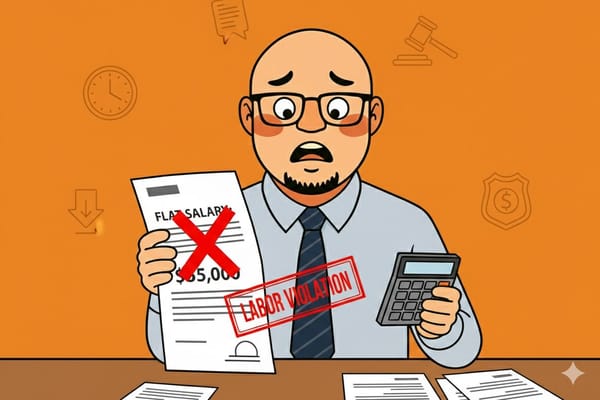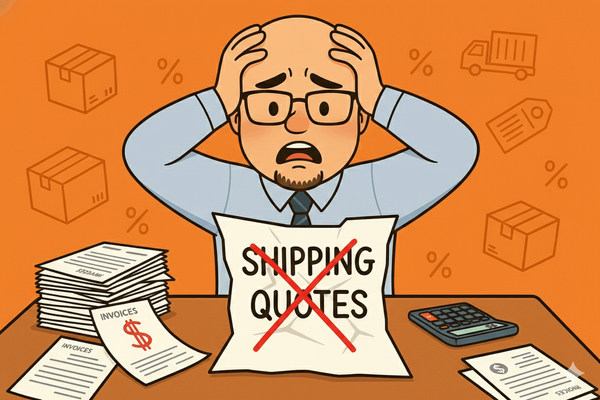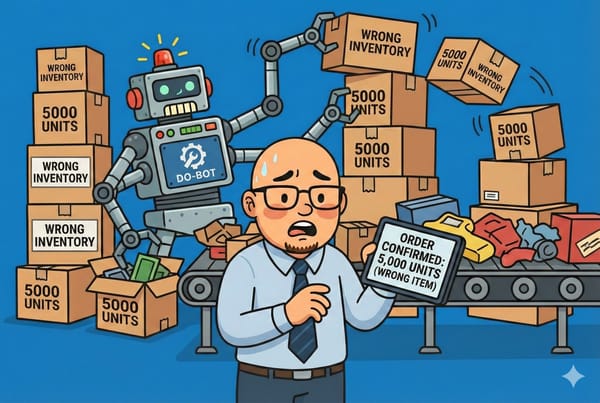Basic Small Business Accounting: Finally Explained Like a Normal Human Would

You’re starting a business, not a finance firm. So why does it suddenly feel like you need a degree in accounting just to sell your product, invoice a client, or understand why your bank account looks healthy but your books scream otherwise?
Welcome to the glamorous world of small business accounting — where the numbers don’t lie, but they sure do confuse.
In this post, I’ll break down accounting basics for new business owners. No jargon. No theory you’ll never use. Just the actual stuff you need to survive your first year and build a business that doesn’t accidentally go broke while appearing profitable on paper.
What Even Is Accounting?
Let’s get this out of the way: Accounting is not just “math.”
It’s the language of business. It tells you:
- Whether you’re making money (or just moving it around).
- Where your money’s coming from (and where it’s leaking).
- If you can afford to grow or should first fix the financial holes in your foundation.
Accounting has two key goals:
- Track what’s happening with your money.
- Report that information so you (and others) can make smart decisions.
The 5 Core Concepts You Actually Need to Know
1. Revenue vs. Profit (They're Not the Same Thing)
Revenue is what you take in.
Profit is what’s left after expenses.
If you're making $10,000/month but spending $9,999 — congrats, you're technically profitable... by $1.
2. Cash vs. Accrual Accounting
- Cash basis: You record income/expenses when the money actually moves.
- Accrual basis: You record income when earned and expenses when incurred, even if no money has changed hands.
👉 Most small businesses start with cash basis. It’s simpler and more intuitive.
3. The Chart of Accounts
Think of this as your financial map. It organizes everything your business does with money into categories:
- Assets (things you own)
- Liabilities (things you owe)
- Equity (what’s left for you)
- Income (money coming in)
- Expenses (money going out)
It sounds scary. It’s actually a glorified list. And most software comes with one pre-loaded.
4. Debits and Credits
No, not your bank card.
In accounting:
- Debits increase assets and expenses.
- Credits increase liabilities and income.
Don’t panic — if you’re using software (like QuickBooks, Xero, or Wave), it handles this in the background. But it helps to know why a payment moves your balances the way it does.
5. Financial Reports
The big three:
- Profit & Loss (P&L) – Are you making money?
- Balance Sheet – What’s your business worth today?
- Cash Flow Statement – Can you pay your bills next month?
The Absolute Minimum You Should Be Doing Each Month
Here’s a cheat sheet for staying out of financial chaos:
✅ Weekly:
- Reconcile your bank feed (review and categorize new transactions)
- Send invoices, check for unpaid ones
- Upload receipts (yes, even the $4 coffee — if it's legit)
✅ Monthly:
- Review your P&L and Balance Sheet
- Check your cash flow forecast
- Set aside money for taxes (seriously, don't skip this)
- Pay yourself — yes, you are an expense!
✅ Quarterly:
- File and pay sales tax if required
- Meet with a bookkeeper or accountant (even just for a review)
Tools That Make Accounting Less Miserable
Here’s what I recommend for new owners:
- QuickBooks Online – Industry standard, robust but a little pricey
- Wave – Free, solid for microbusinesses
- Xero – Clean UI, good automation
Pro tip: Set aside a business-only checking account and credit card on day one. Don’t mix with personal. It’s a headache you do not want during tax season.
When to Hire Help
You don’t need a CPA on payroll right away. But you do need support when:
- Taxes get complex (multi-state sales, employees, inventory, etc.)
- You’re making real money and want to save it wisely
- You’re raising funds, getting a loan, or pitching investors
- You just hate bookkeeping so much it’s killing your motivation
A bookkeeper can handle the day-to-day, and a CPA can guide you on strategy and compliance. Think of them as financial GPS. You’re still driving — but they help you avoid potholes and prison.
Common Rookie Mistakes (That I Definitely Didn’t Make... Twice)
- Mixing business and personal expenses
- Ignoring cash flow until it’s too late
- Forgetting to collect sales tax
- Not invoicing fast enough (or at all)
- Not checking bank statements regularly
- Filing taxes late (the IRS has no chill)
Final Thoughts: You Don't Need to Be a Pro — Just Be Proactive
Accounting isn’t fun. But it’s not optional either.
Think of it like brushing your business’s teeth. Ignore it long enough, and you’ll end up in pain, broke, and wondering how you missed the warning signs.
Start simple. Stay consistent.
And remember: wearing the accounting hat may not win you awards, but it will keep your business alive.
🧢 Stay on Top of Every Hat You Wear
Want more straightforward guides on the hats you're juggling? Operations, tech, HR, marketing — we cover it all.
📬 Join the HatStacked Newsletter
Weekly tips, tools, and insights to make your small business feel a little less chaotic.
Subscribe



